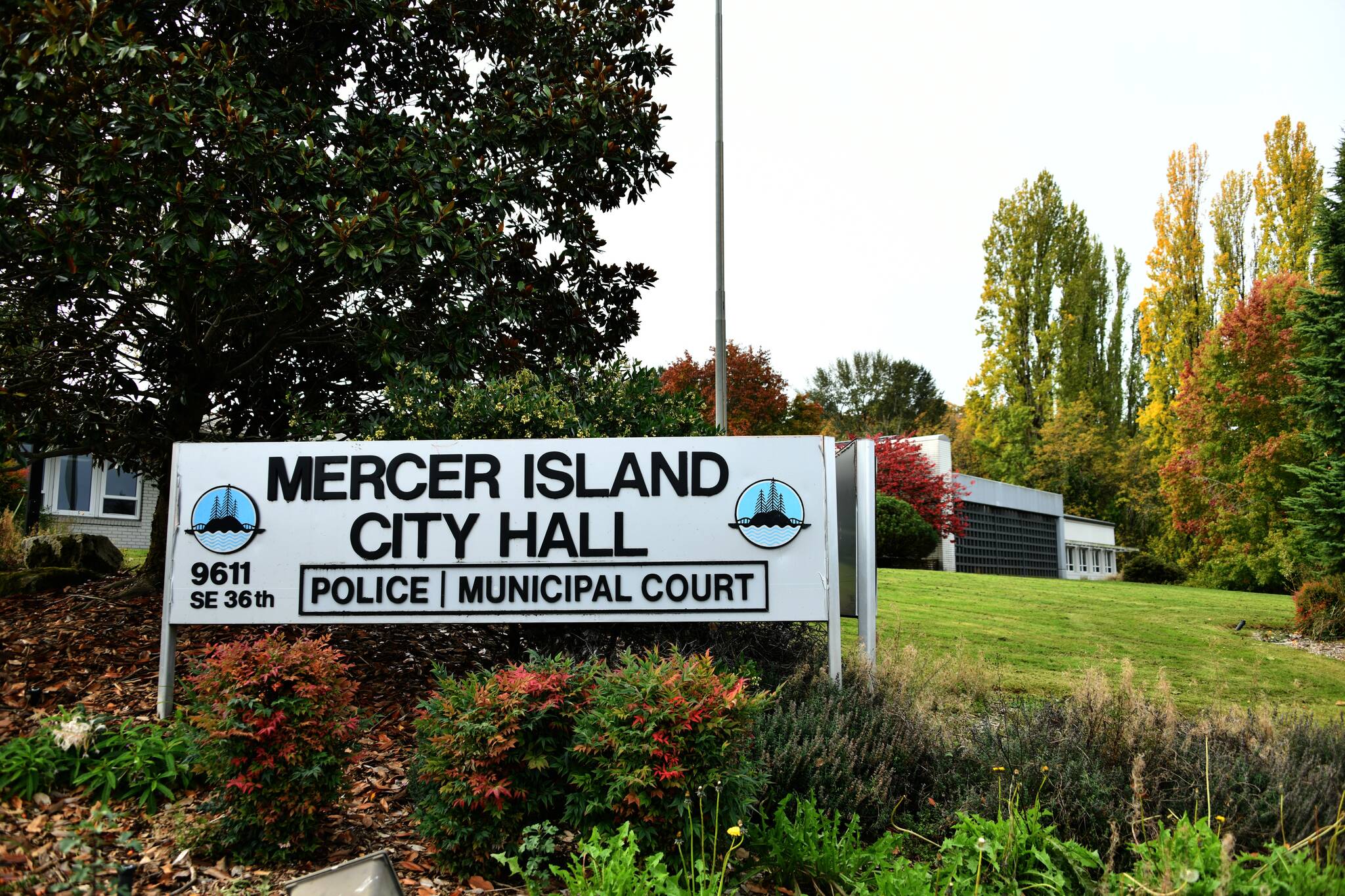Last November, the Mercer Island City Council gave the go-ahead on a Community Conversations series to delve into diversity, equity and inclusion on the Island and feature presenters and group discussions.
The series was slated to be a collaborative effort with the city and Island groups ONE MI and Do the Work MI, and council appropriated $60,000 to support the series, which has since featured three programs: “Towards Inclusive Community” (Feb. 2), “Intergenerational Conversation with Asian Americans of Mercer Island” (May 25) and an “Oral History Family Interview Workshop” (June 5). The first event was online, the second took place virtually and in-person and the third was in-person.
Upcoming programs to complete the series will be: “How to be an Ally” in September, “The Gifts of Diverse Environments” in October and “Building a Toolkit to Respond to Racial Bias” to hit the one-year mark in November. Dates, times and locations will be unveiled soon; check the city’s website for more information at www.mercerisland.gov/communityconversations.
“The hope was that the series would be focused on topics important to Islanders with an aim to build community, especially among voices that aren’t typically heard from. A thriving community benefits from engagement with all its residents, and we hope that the Community Conversations series is a part of ensuring a welcoming and inclusive environment for Mercer Islanders,” said Merrill Thomas-Schadt, the city’s senior management analyst.
On July 19, the city issued a series report and noted that staff received mainly positive feedback along with some negative comments through a survey regarding what was offered at the events.
According to the survey results, in which the city combined the three events, more than half of the respondents indicated that they gained new information from the events, and more than 60% of the respondents said the sessions’ content would guide them to likely take action or make personal changes. More than 75% of the respondents checked the “good” or “excellent” boxes to rate the overall programming.
In addition, some of the main topics people would like to see featured in future programs include diversity, creativity and achievement; helping children navigate bias and stereotypes; money and identity; and building connections across multigenerational and multinational families.
“The events have gone really well, both in the sense that they have drawn wide interest and participation, and that they’ve helped foster connections between community members and with community partners,” said Thomas-Schadt, noting that attendance has ranged from about 30 to almost 300. “The city welcomes all respectful comments and our team will work to incorporate constructive feedback into future events.”
Thus far, series organizers have spent $2,462 on presenter fees, technology support and workshop supplies.
“Staff anticipates that the remaining events in the series will have a somewhat higher cost, mostly due to contracted speaker fees. Staff do not anticipate the full budget authorization of $60,000 will be needed to complete the series,” the report reads.
Along with the city, ONE MI and Do the Work MI, other event presenters were the Mercer Island High School (MIHS) Black Student Union and Education Coalition for Asian American Representation, the Stroum Jewish Community Center, the Mercer Island Historical Society and the Washington State Jewish Historical Society.
The oral history workshop focused on the stories of families and how the experiences of one’s elders can help shape people’s lives.
“Towards Inclusive Community” — which engaged nearly 300 attendees — dug into the history of racially restrictive covenants. Senior Cole Drayton, vice president of the MIHS Black Student Union, said the purpose of the event is to “bring awareness to the segregation on the racial covenants of Mercer Island. We just hope this can be one of the first steps to help make Mercer Island a truly inclusive environment for all people who live here.”
During the intergenerational conversation program, speaker Eunyoung Kim, who organized a two-day rally in March of 2021 to stop anti-Asian hatred — and received massive community support — said: “One student, my friend’s daughter who was reluctant to come to the event because she thought we were going to be a target doing that rally, actually walked away feeling very grateful for the community.”


